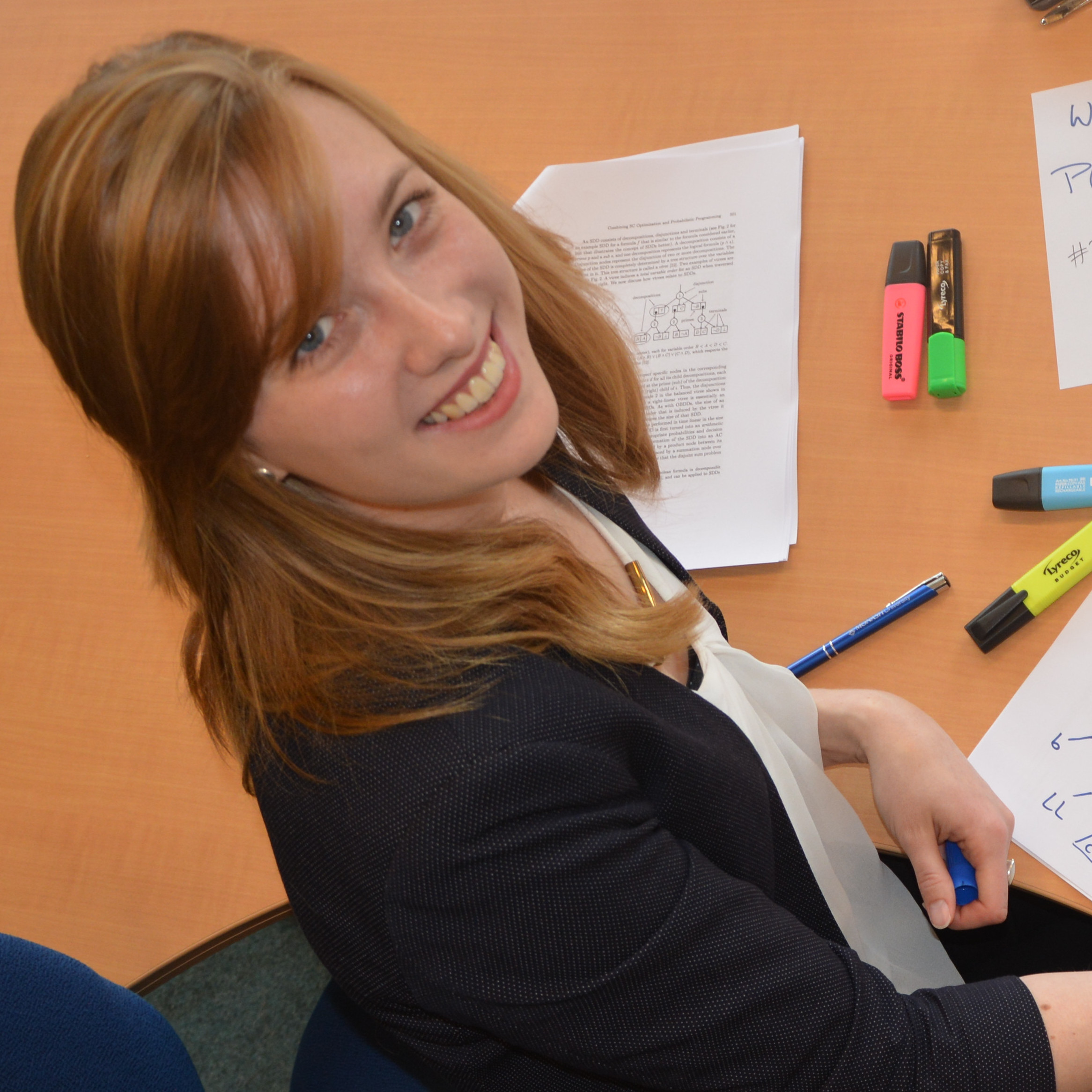Moon milk
Published:
The first conferences I ever attended as a doctorate student were IJCAI 2017 and CP 2017, which both took place in Melbourne. At the time, I had a position as a visiting researcher at ICTEAM at Université catholique de Louvain. After the conference, three fellow doctorate students from UC Louvain and I travelled to Tasmania, for a two-and-a-half-day trip. It resulted in one of my favourite travel stories of all time.
